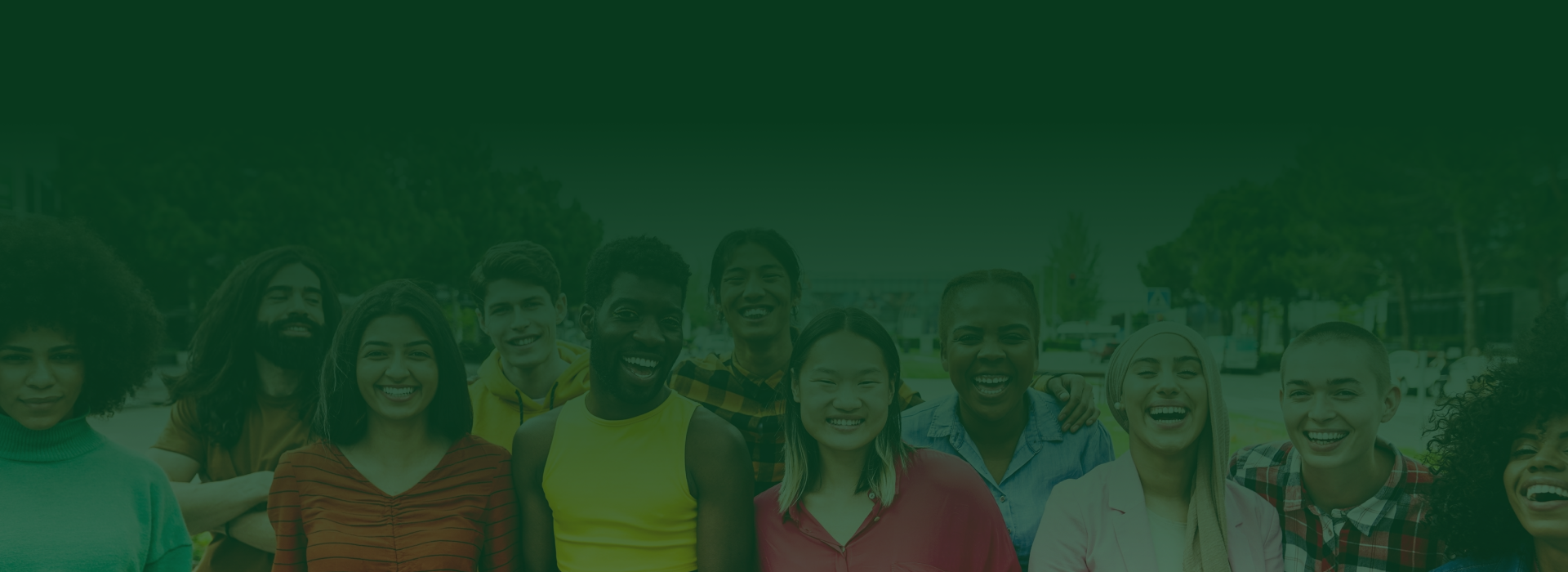
Mental Health Redefined
Mental Health Redefined.
Mental wellness relates to how we interact with ourselves and the larger world and involves our emotional, psychological, and social well-being. It’s about our WHOLE self (mental, emotional, physical, spiritual) and how these parts of us experience and interact with the world and systems around us.
At Phoenix Rising Centers, we believe that the health and well-being of our families, communities, friends, and the larger systems around us significantly impact our mental health. Existing within a broken system takes a toll, impacting our collective and individual mental health.
The legacy of slavery continues to shape the lives of Black people in America today. Descendants of enslaved individuals carry the intergenerational trauma of centuries of violence, oppression, and systemic racism. This historical context has profound implications for the mental health of Black communities.
It is imperative that organizations and stakeholders acknowledge the ongoing impact of systemic racism and take action to address the deep-rooted trauma experienced by Black individuals. This includes providing culturally competent mental health care and advocating for policies that promote racial justice and equity.
LGBTQIA+ individuals
LGBTQIA+ individuals often face rejection and discrimination from their families and society. This can lead to a deep sense of isolation and a struggle to find one's place in the world. Homophobia and transphobia are pervasive in many communities, fueled by harmful stereotypes and religious beliefs. The notion that being LGBTQIA+ is a sin is a harmful and discriminatory belief that perpetuates suffering.
Phoenix Rising Centers is committed to providing a safe and inclusive space for LGBTQIA+ individuals. We believe that everyone deserves to be loved and accepted for who they are. Our leadership team is composed entirely of queer individuals who understand the unique challenges faced by the LGBTQIA+ community. We offer a range of services to support mental health and well-being, including therapy, peer support groups, and educational resources.
It's crucial to address the alarming rates of suicide within the LGBTQIA+ community. These tragic statistics highlight the urgent need for greater support and acceptance. By fostering a more inclusive and equitable society, we can help reduce the risk of suicide and create a brighter future for all.(2).
Phoenix Rising Centers is steeped in inclusivity and equity. We are doing our part to improve the lives of those who have been abused, forgotten, ignored, and left behind. We are here to empower our clients by giving them access to help and treatment from providers who share parts of each individual’s lived experiences. This kind of access is what helps to Redefine Mental Health.

What does it mean to redefine mental health?
Access to psychotherapy is often marred by stigma, with the belief that needing help denotes weakness. It's high time we confront the idea that we should simply "pull ourselves up by the bootstraps” and face the daunting journey of healing in isolation. We’re not designed to undertake this alone; in fact, we cannot do it alone. This message is a core call to action at the Phoenix Rising Centers. We are tired of witnessing the struggles and suffering of those historically marginalized in silence.
We refer to this as Mental Health Redefined because we believe that mental health access is a fundamental human right. This access should not be limited to those who have traditionally enjoyed privilege; it must extend to marginalized communities, including LGBTQ+, QtPoC, other Black and Brown individuals, neurodivergent people, those living with disabilities, and others who have been historically marginalized.
At Phoenix Rising Centers, we aim to transform the concept of seeking help. We view it as a Brave act. Yes, Brave with a capital B! It takes a true warrior to confront the most painful and difficult aspects of life: our trauma, our suffering, both personal and collective. We believe no one should face this journey alone, and we are here to support you.
Redefining Mental Health is about undoing White Supremacy.
How? Because it is the White/European culture that brought this idea of rugged individualism. This needs to shift. There is so much to embrace from collectivist culture. Having the value and support to work together within our communities and systems and ensuring those in need have access to the best possible services makes us mentally robust and healthy, not only as an individual but as a society as a whole. It’s true, and we are the sum of our parts. But, together, we are more robust, and doing it alone is no longer a viable, sustainable, or desirable option.
Mental Health Redefined.
Mental health care in the U.S. has long been shaped by who is deemed deserving of support and who is expected to endure without it. Access has often followed wealth, proximity, and social permission, while many communities have been left navigating harm, silence, or long waits for care that truly understands their lives.
Even today, seeking help is frequently framed as a personal weakness rather than a reasonable response to overwhelming conditions. At the same time, many mental health systems continue to operate without naming the social and structural forces that shape distress, leaving people to carry burdens that were never meant to be individual.
Phoenix Rising Centers exists to change this.
We provide mental health care that is accessible, relational, and grounded in lived experience. A core part of our work is accepting insurance, including Medicaid, and building coordinated care for those who are often excluded from private, out-of-pocket models. We are intentional about refusing pricing structures and practices that make care feel conditional or out of reach.
Representation also matters. Mental health providers in the U.S. remain disproportionately drawn from the most privileged groups, while Black, Brown, queer, disabled, immigrant, and working-class communities continue to face barriers to finding clinicians who reflect their identities or understand the realities shaping their lives.
Our commitment is to center care that is offered with dignity rather than gatekeeping, and support that is shaped by community rather than hierarchy. Phoenix Rising Centers is redefining mental health by building care with the communities we serve, not just for them. Because access, understanding, and safety are not extras. They are essential to healing.

You can find mental healthcare providers who meet your needs.
We know it makes all the difference to find a therapist who understands your lived experiences.
This is why we centralize our hiring practices in the communities we serve. Our providers are part of the LGBT+ or QTPoC community, are neuro-divergent, and/or living in a body that has been historically excluded.
1
What are you looking for?
Someone from our client relations coordination team will contact you to ask you a few questions. This will help us tailor our suggestions. For example, do you want a Black or LGBTQ2S+ provider? Someone who is neuro-divergent? Spanish speaking? We got you!
2
Personalized suggestions.
After you fill out the eligibility form, we will share with you who from our team may be a good fit for your needs and preferences.
3
Pick the right therapist.
You can then go ahead and schedule a free consultation with any of your recommended providers to see who will be the best fit.
Let us help you find care that's right for you.

Our Brand
Our minimalist logo, which showcases the majestic Phoenix rising from the ashes, symbolizes a profound journey of growth and transformation. Just as the Phoenix rises anew, we are committed to guiding individuals on their journeys toward personal development and significant change. We aspire for our logo to be instantly recognizable, offering hope, healing, and support to the communities we serve.
Resource:
Suicide Prevention Month: A summary of data on LGBT suicide. https://williamsinstitute.law.ucla.edu/press/suicide-prevention-media-alert/.
Trevor Project; https://www.thetrevorproject.org/research-briefs/estimate-of-how-often-lgbtq-youth-attempt-suicide-in-the-u-s/.
U.S. Census Bureau. (2015). American Community Survey 1-Year PUMS file. Retrieved from www.census.gov/programs-surveys/acs/data/pums.html. "Other" racial/ethnic groups included American Indian/Alaska Native, Native Hawaiian/Pacific Islander, and people of two or more races. U.S. doctorate holders included individuals in the workforce with a doctoral/professional degree in any field. The Total may not sum to 100 percent due to rounding.





